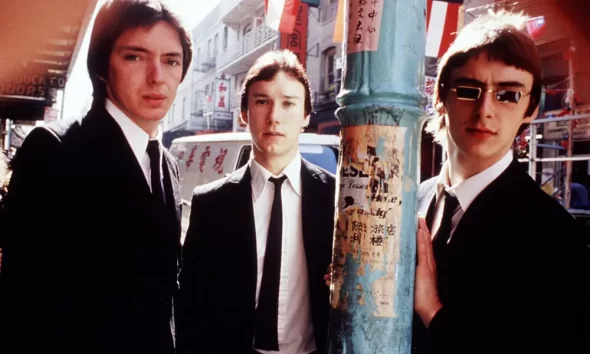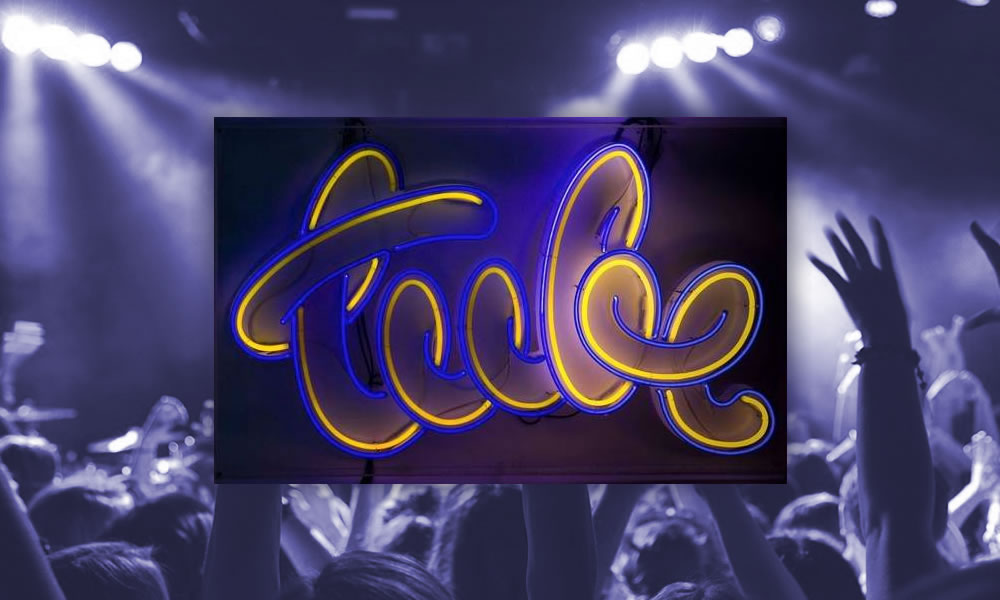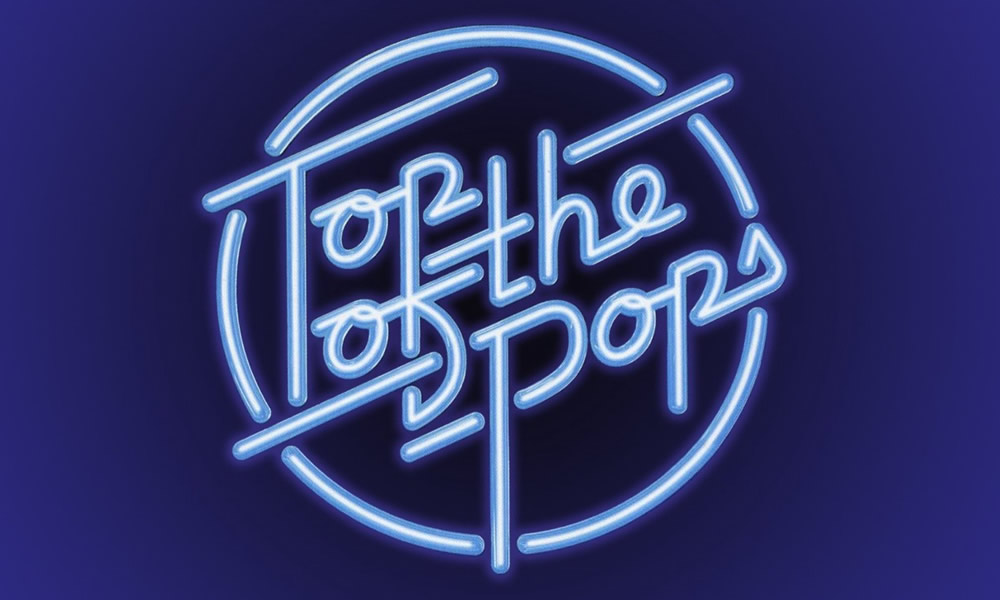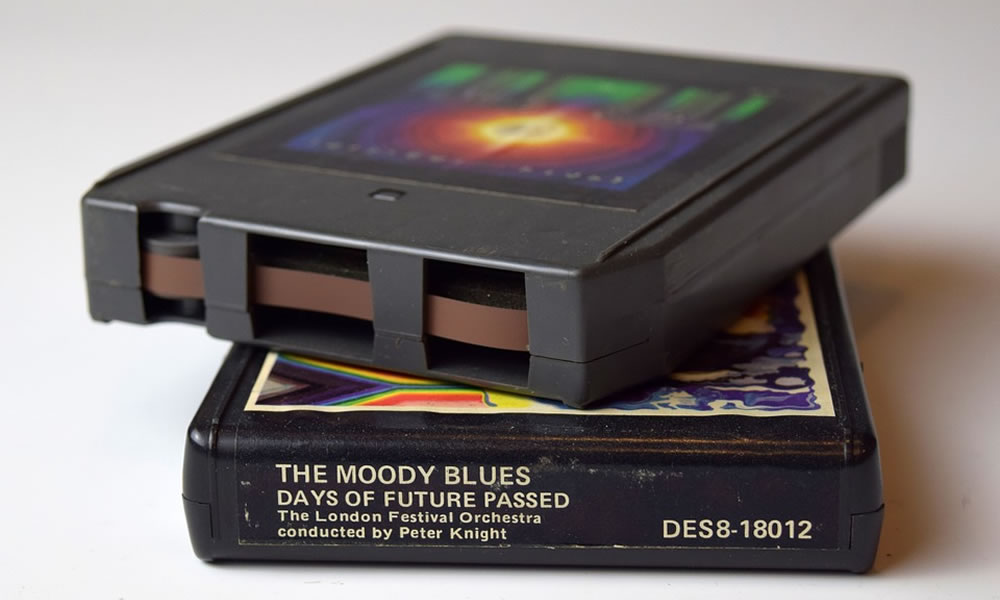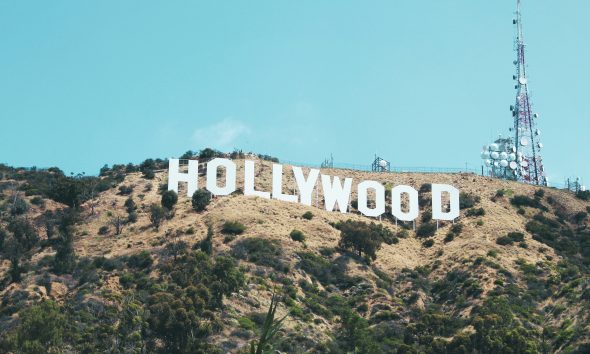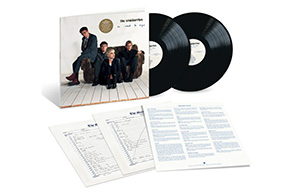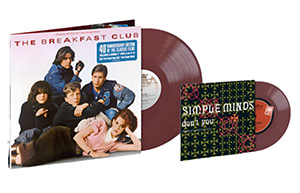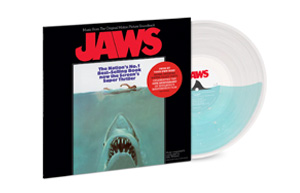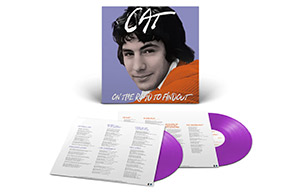Stone Roses
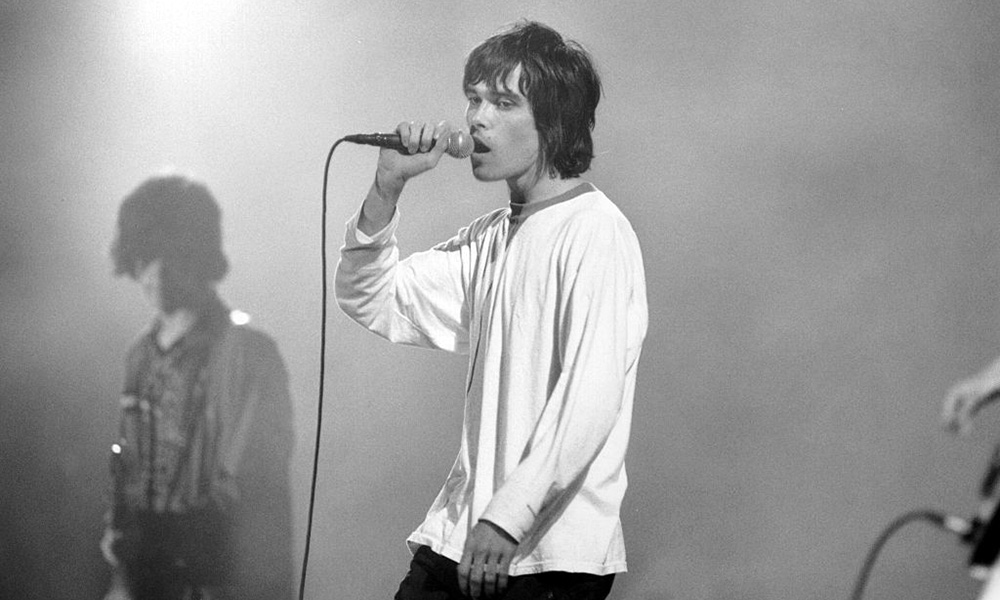
The Stone Roses released their eponymous debut album in 1989. The album was a breakthrough success for the band, receiving widespread critical acclaim, and is regarded by many as one of the greatest British albums ever recorded. The band went on to influence many other artists, most notably Oasis and the Verve. Noel Gallagher was quoted in an interview saying, “When I heard “Sally Cinnamon” for the first time, I knew what my destiny was”.
John Squire was born in Broadheath, Altrincham, Cheshire. He grew up on Sylvan Avenue in Timperley, around the corner from Ian Brown, and after attending Heyes Lane Junior School, he passed the eleven-plus exam and went on to attend Altrincham Grammar School for Boys. As a child, he excelled at art. Squire and Brown moved on to South Trafford College after passing O-Levels. Brown got expelled, and Squire dropped out shortly after in order to start a band.
Ian Brown (initially the bassist) formed a short-lived Clash-inspired band, The Patrol, with John Squire in 1980, along with singer/guitarist Andy Couzens and drummer Simon Wolstencroft. Brown’s interest in music was inspired by the punk movement, specifically the bands Sex Pistols, and the Clash. They played several gigs in 1980 and recorded a demo tape, but towards the end of that year, they decided on a change of direction. During their last Patrol show, Brown had a taste of being a frontman, singing Sweet’s “Blockbuster!” to close the set.
In 1981, the band members lost enthusiasm. Brown sold his bass guitar to buy a scooter, and Wolstencroft joined Johnny Marr and Andy Rourke’s pre-The Smiths band Freak Party. Squire worked as an animator for Cosgrove Hall during the day, while Brown ran a Northern soul night in a Salford club.
Squire and Couzens started a new band, the Fireside Chaps, with bassist Gary “Mani” Mounfield. They changed their name to the Waterfront (after the film On the Waterfront), and their sound was influenced by 1960s groups and contemporary bands such as Orange Juice. Goodwin left before the band recorded their first demo, and, shortly after it, Squire asked Brown to join as singer.
The Waterfront fizzled out. In late 1983, Couzens decided to try again by starting a band and approached Brown. They decided on Wolstencroft (who had turned down the job of drummer in The Smiths) as drummer and Pete Garner as bassist. They also decided that they needed Squire in the band, and when he agreed, the band’s lineup was cemented. Leaving their previous bands behind, they worked solely on new material. After rehearsing for some time without a band name, Squire came up with “The Stone Roses”.
The band rehearsed for six months, during which time Wolstencroft had been auditioning for other bands, and he left to join Terry Hall’s band The Colourfield. They got Goodwin to rejoin, but he lasted for only one rehearsal, so they advertised for a replacement and began auditioning, eventually recruiting Alan “Reni” Wren in May 1984.
After rehearsing and writing songs over the summer, they recorded their first demo in late August, making 100 cassettes with artwork by Squire, and set about trying to get gigs. They played their first gig as the Stone Roses on 23 October 1984, supporting Pete Townshend at an anti-heroin concert at the Moonlight Club in London, UK.
They had their first recording session with Martin Hannett in January 1985 at Strawberry Studios in Stockport, aiming to record tracks for a debut single and an album. Further sessions followed in March, during which they recorded their debut single, the double A-side “So Young”/”Tell Me”.
In December 1986, they recorded their first demo as a four-piece, including the first studio recordings of “Sugar Spun Sister” and “Elephant Stone”.
In 1988 and early 1989 the Stone Roses recorded their debut album at Battery Studios and Konk Studios in London and Rockfield Studios in Wales, produced by John Leckie. The first single “Elephant Stone”, made little impact. The follow up “Made of Stone” received more press attention and was picked up for airplay by DJ Richard Skinner on his late night Radio One show. The band gained widespread notoriety when, one minute into a live 1989 TV performance on the BBC’s The Late Show, the power failed, prompting Ian Brown to repeatedly squeal “Amateurs!”
In 1989 the band released a double A-side single, “Fools Gold/What the World Is Waiting For”, which reached number eight on the UK Singles Chart. Originally intended as a B-side, “Fools Gold” quickly became the Roses’ most famous song and a performance of it on Top of the Pops cemented their national fame. It gave them their first top ten hit and the album rose to number nineteen in the chart early the following year.
The Stone Roses was released on 2 May 1989 by Silvertone, a division of Zomba Records. While by this time the Madchester scene had already attracted some coverage from music publications, The Stone Roses originally received little attention from both consumers and critics in the UK. To support the album, the band played several high-profile gigs, including one on 27 February 1989, at what was regarded as the centre of the associated Madchester and baggy scenes, Manchester’s The Haçienda nightclub.
The group won four NME Readers poll awards in 1989, Band of the Year, Best New Band, Single of the Year (for “Fools Gold”) and Album of the Year. The Stone Roses is now considered one of the greatest British albums, although the band themselves were unhappy with the sound on the album, Squire describing it as “twee” and not “fat or hard enough”.
In 1990, the Stone Roses’ infamous paint attack on Revolver Records occurred, as a result of a conflict between the band and their label. The band was unhappy with how the label handled the release of their single “Sally Cinnamon” and the accompanying video without their permission. To express their frustration, they decided to take matters into their own hands by visiting the label’s office and throwing paint at the staff and property. The incident caused significant damage and led to legal consequences for the band members. The band were subsequently arrested and charged with causing £15-20,000 worth of criminal damage. It is estimated that the media hype alone had bought the group in excess of a quarter of a million pounds in publicity. Mani said that Geezer Butler and Tony Iommi from Black Sabbath congratulated them for the incident.
The Stone Roses’ outdoor concert at Spike Island in Widnes on 27 May 1990 was attended by some 27,000 people. The event, considered a failure at the time due to sound problems and bad organisation, has become legendary over the years as a “Woodstock for the baggy generation”
In July 1990 “One Love” was released peaking at number four in the UK, becoming their highest-charting single at the time.
The second album suffered greatly at the time from the sheer weight of expectation generated by the 5½ years since the band’s eponymous debut, and the band’s withdrawal from the live arena for 4½ of those years. Second Coming, was released on 5 December 1994. Mostly written by John Squire, the music now had a shady, heavy blues rock sound, dominated by Squire’s guitar riffs and solos. “Love Spreads” reached number two on the UK Singles Chart. It went platinum in the UK and sold over 1 million copies worldwide.
A secret “come-back” tour of the UK was planned for April 1995 but cancelled after the music press announced the dates. A major blow was the cancellation of their engagement at the Glastonbury Festival in June 1995. John Squire had suffered a mountain-biking accident in northern California weeks before the show, breaking his collarbone. The band finally organised a full UK tour for November and December 1995 and all dates sold out in a day.
John Squire announced his departure on 1 April 1996, releasing a statement saying it was: “the inevitable conclusion to the gradual social and musical separation that we have undergone in the past few years”. Brown and Mani dissolved the group in October 1996
Ian Brown, John Squire and Mani have all had successful careers since the Roses’ breakup. Squire formed the Seahorses, who released one album as well as releasing two solo albums. In 2007 he told a reporter that he was giving up music for good to focus on his career as a painter.
Brown has released seven solo albums, a remixes and a greatest hits collection all but one of which have charted in the top 5 of the UK Albums Chart. Mani joined Primal Scream as bassist in 1996 and remained in the band until the Stone Roses reunited in 2011.
Brown had a cameo role in Harry Potter and the Prisoner of Azkaban. He appears briefly in the bar at the start of the movie, reading “A Brief History of Time” by Stephen Hawking. He was originally cast as the pub landlord, but the role was cut down due to time constraints. Brown later told the NME: “Yeah, I was a movie star for a day. I had my own trailer, was taken around in a golf cart. I loved it! The director is a friend of my girl and he said, ‘I’ve got a part if you want it.’ I asked my sons, and they were like, ‘Do it!’ I did it for my sons. My brief was to be a romantic, bohemian wizard. I was into that.”
In 1997, The Stone Roses was named the second greatest album of all time in a “Music of the Millennium” poll conducted by HMV, Channel 4, The Guardian and Classic FM. In 1998, Q magazine readers placed it at number 4. In 2000, it received the “greatest album ever” award at the NME Premier Awards show, and in 2006, the album topped the magazine’s “100 Greatest British Albums Ever” list.
Following a performance in Paris in 1998, Ian Brown boarded a British Airways Flight for the short 366-mile flight from Charles De Gaulle Airport to Manchester Airport in northwest England. During the flight, Brown had an altercation with one of the flight attendants and then started banging on the cockpit door. When the plane landed in Manchester, the police were there to take Brown into custody. Later during his trial, Brown denied using threatening and abusive behaviour towards the flight attendant and the Captain but admitted he had said to the flight attendant that he would “chop her hands off” but insisted it was meant to be a joke. The magistrates in the Manchester courtroom were not convinced by Brown’s story and sentenced the singer to four months in jail. Following the trial, Brown was also banned from all British Airways flights.
In 2015 and 2017, Ian Brown testified against Fred Talbot, a former teacher at Altrincham Grammar. Brown swore under oath that Talbot had showed his class gay pornographic films. Talbot, who later became a television presenter, was found guilty of sexually abusing pupils in the 1970s. He was sentenced to four years’ imprisonment.
Bassist, Gary “Mani” Mounfield died on 20 November 2025 age 63. Mounfield had a guest role in the biographical comedy-drama film 24 Hour Party People (2002). He was in a supergroup band called Freebass with bassists Andy Rourke (the Smiths) and Peter Hook (Joy Division and New Order). Freebass disbanded before releasing their debut studio album, It’s a Beautiful Life, in 2010.


